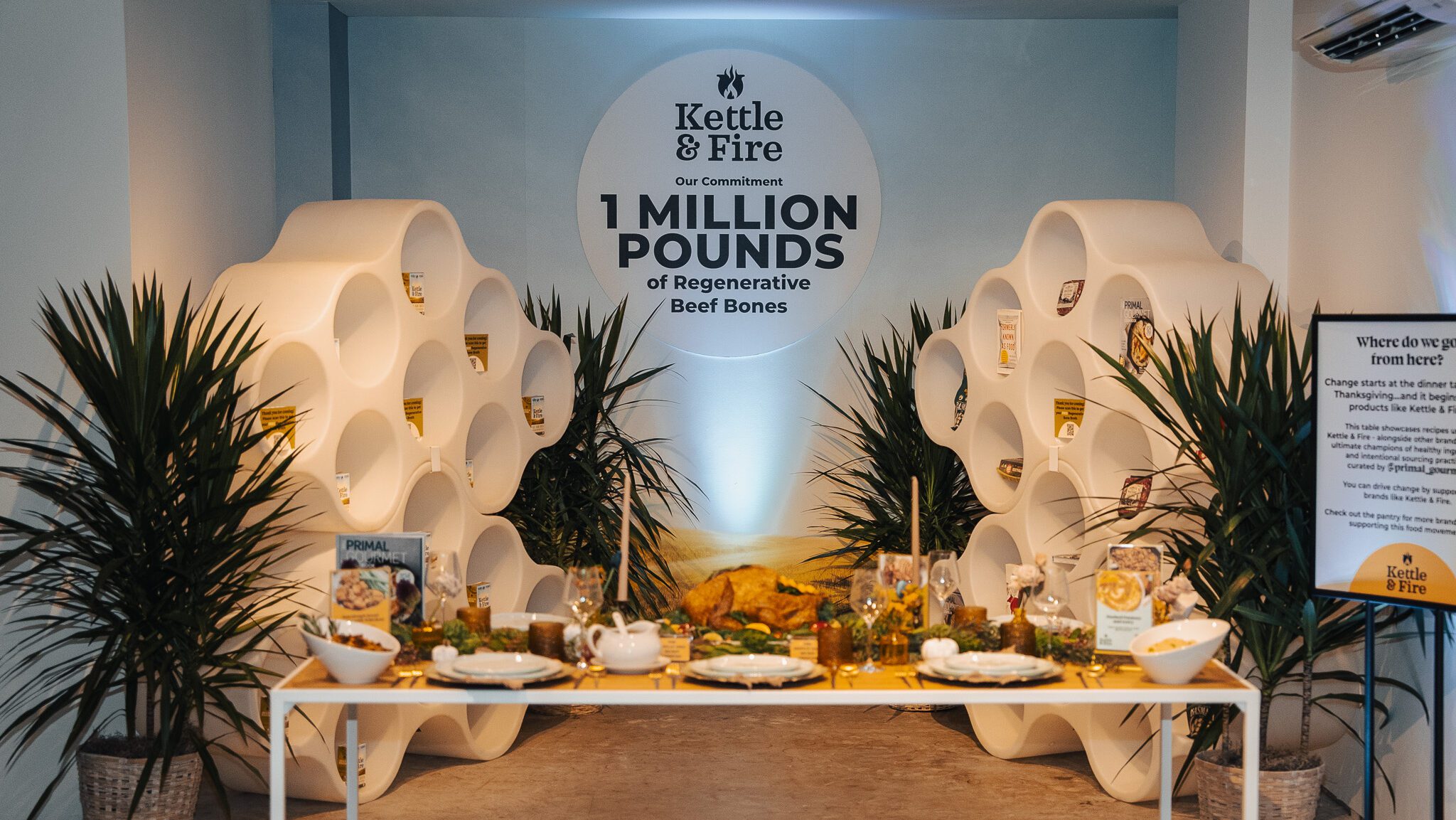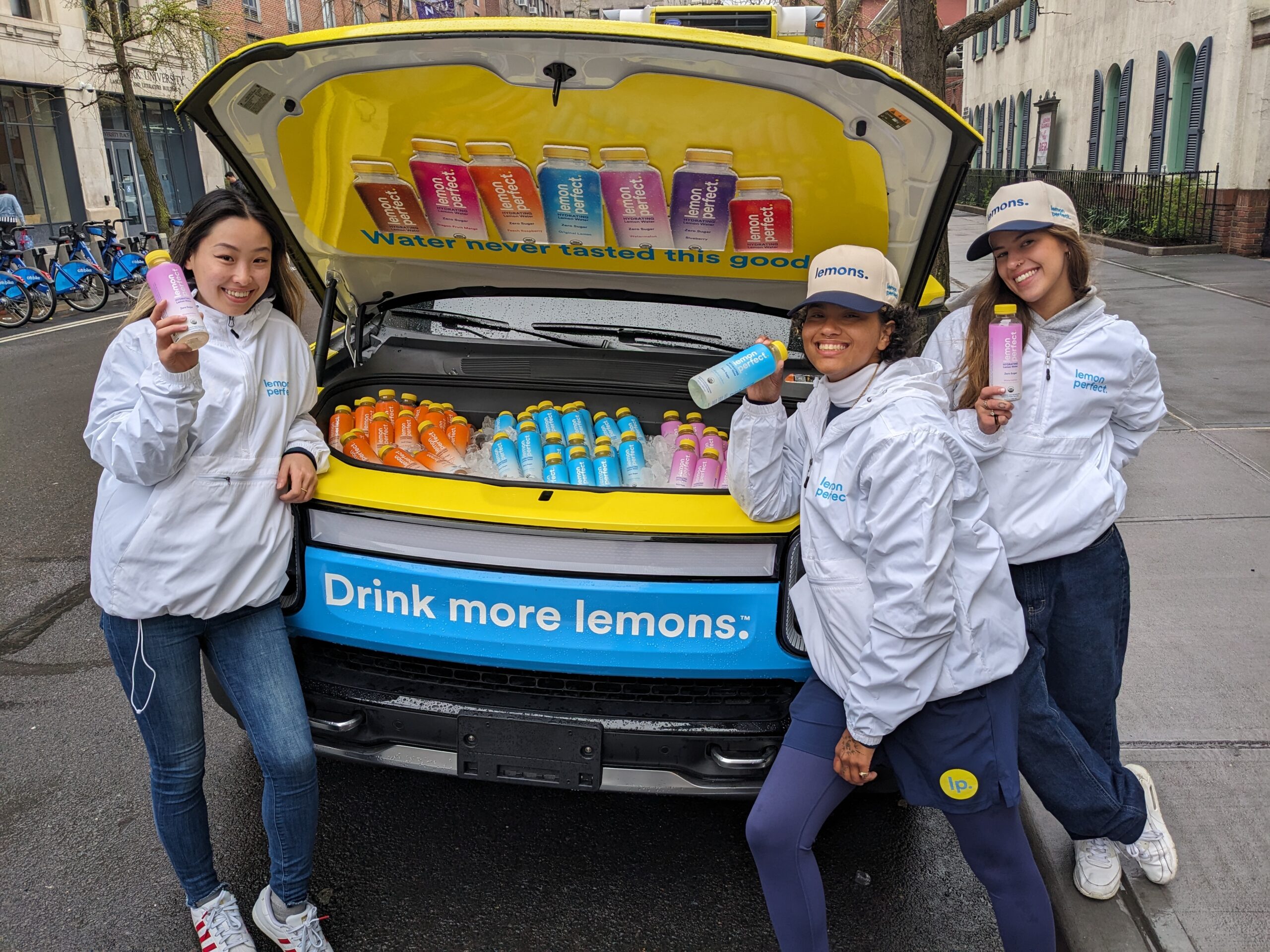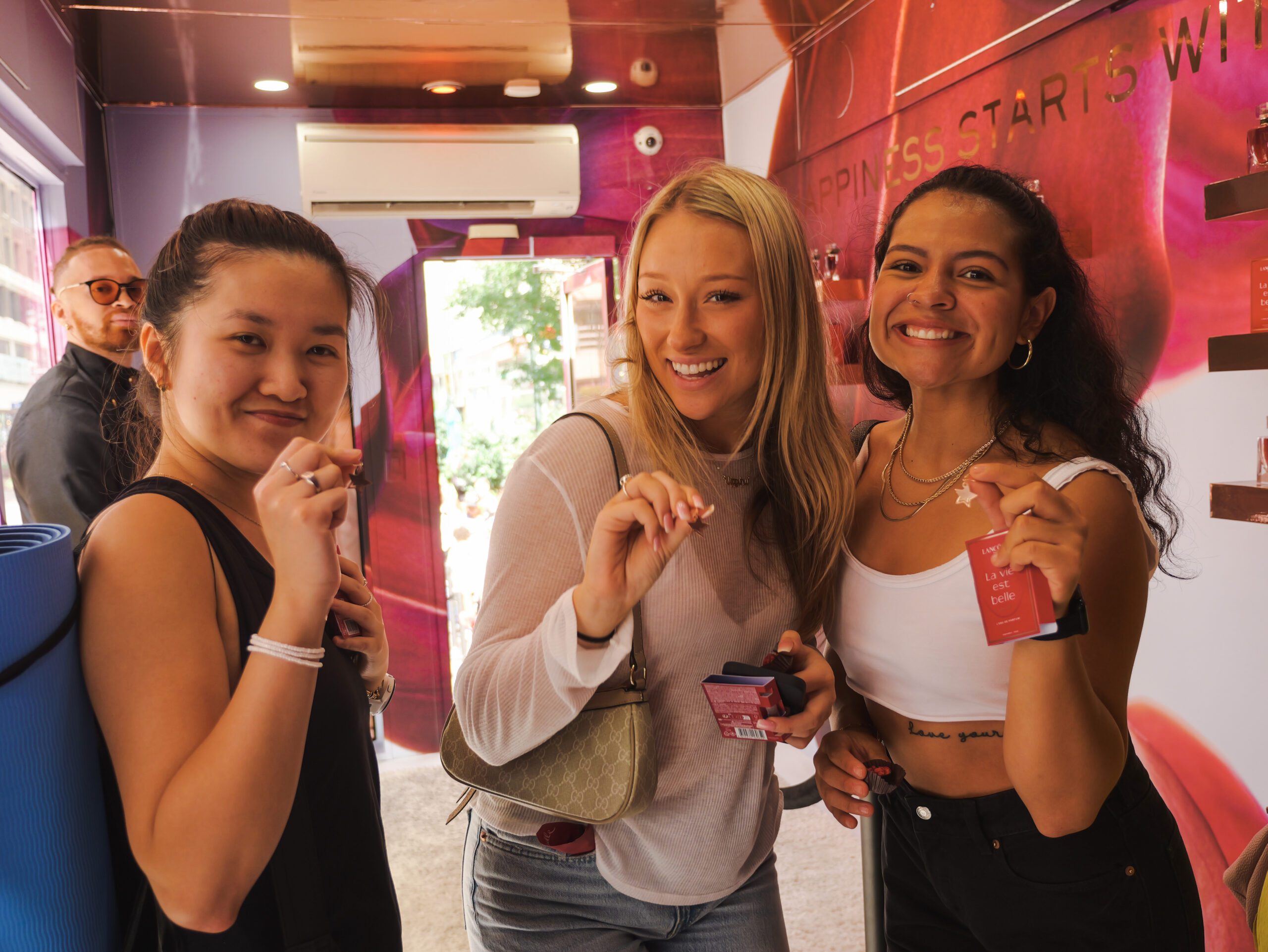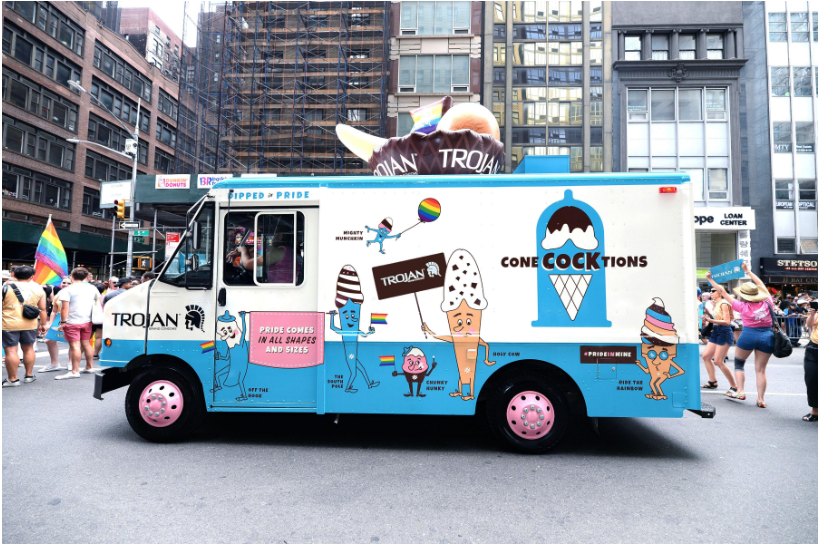
- Mobile Tours
Asking Permission: Securing Permits for Marketing Tours
Mobile tours give brands a way to connect with consumers face-to-face, creating memorable, positive experiences that can pay off in not only sales but also customer loyalty. This makes mobile pop-ups and activations a great choice for building brand awareness, but there’s one big catch that can bog down even the best-laid plans: securing permits.
Where public events like activations and pop-ups are concerned, there’s no skirting or shortcutting the permitting process. If your brand’s mobile marketing tour draws consumers’ attention, it’s also going to get the attention of local authorities, who will want to know that your brand secured all necessary permits for its presence in public. Penalties for failing to do so can be steep.
Here are some of the licensing and permitting challenges brands might face when planning a multi-city mobile tour, and the best solution we know of for clearing that all-too-necessary hurdle.
Start Planning for Permission Early
Planning for a mobile tour takes longer than one might think, with obtaining permits and approvals sometimes taking weeks or even months, especially for larger events or complex setups. Coordinating with local authorities, event planners, and other stakeholders can be challenging, especially in popular cities. Unforeseen circumstances, such as administrative delays, can disrupt the tour schedule if not adequately accounted for.
Part of the time crunch comes from the sheer number of forms to be completed, contacts to be made, and requirements to be met.
Each city, county, and state will have unique permit requirements for temporary events like brand activations. Though the process for these temporary permits can be simpler than that for longer-term businesses, temporary permits may still be issued by multiple agencies and can still take weeks or months to process. Start the permitting process at least 60 to 90 days before each proposed stop on the tour.
Incorporate Permitting into Conceptualization
It’s smart to begin planning for compliance even before you need to apply for permits, simply to make sure the basics of your planned event — type of vehicle, intended location, footprint, etc. — comply with local laws.
The timing and proposed locations of a mobile stop can affect which stakeholders — government or private — are involved in permitting. A mobile tour vehicle might take up space on or near streets, sidewalks, pedestrian malls or plazas, beach boardwalks, parking lots, indoor or open-air malls, transit stations, public parks, and outdoor private property locations. The rules and requirements could vary with any of these locations, so it’s important for brands to do the research necessary to find out not only what the rules are, but also alternate locations in case local regs rule out the first choice spots.
Find out the transportation department rules in every city along the tour, and before buying or leasing a vehicle, make sure it’s street legal in every stop on the tour. In some places, there are limits placed on vehicle size or weight, for example; very large vehicles, or vehicles with trailers, may require escorts.
Along with vehicle-related restrictions, noise ordinances and rules regarding public thoroughfares and sidewalks may apply. These are typically enforced at the city level, but they can also be neighborhood-specific. In some Los Angeles neighborhoods, for example, a food truck must change locations every hour. In some cities, regulations prohibit a food truck within a certain distance from a brick-and-mortar restaurant.
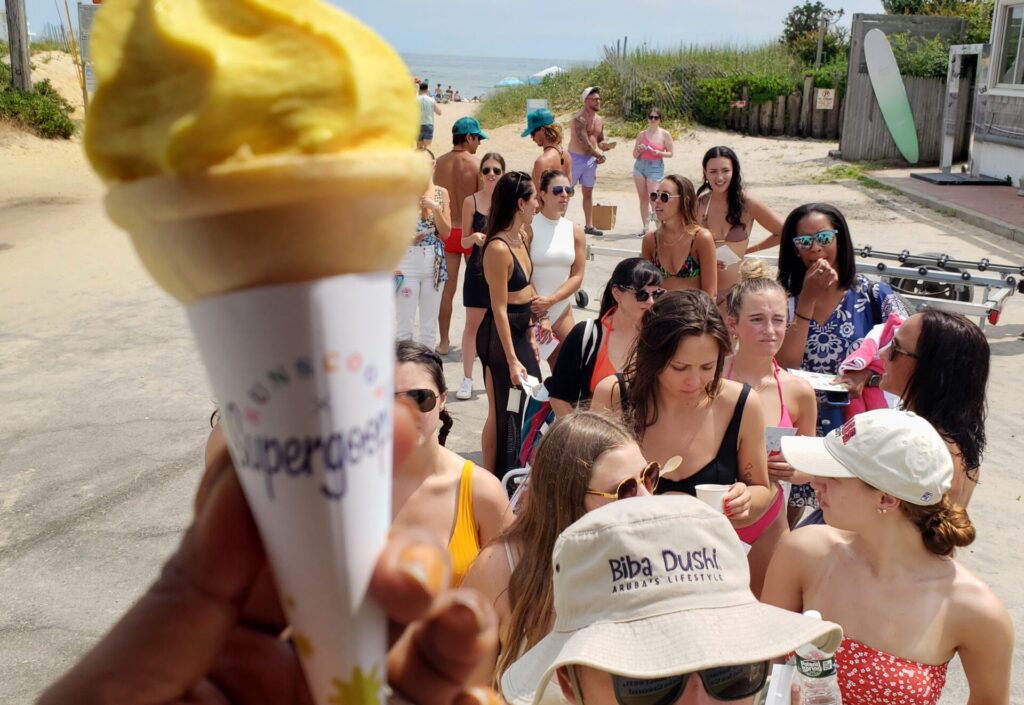

If food or drink is involved, the county health department will have its own requirements concerning equipment, practices, and personnel inside the truck. Alcoholic beverage laws can be county or city.
Local authorities might also require detailed security plans, including crowd control measures and emergency procedures. Compliance with fire safety codes is crucial, especially for indoor events or large outdoor gatherings.
Do the Research
Every town and city is unique in its business environment and the complex web of permits and fees a brand must resolve to offer an experiential marketing event. Even locals can find this environment challenging, which is why many cities, like New York and Orlando, produce detailed permitting guides. If a city your brand is considering has such a guide on its website, review it thoroughly, and contact personnel directly with any questions or to clarify information. Keep every email, take notes during conversations, and “always get the name and email from anyone that gives you information so you can hold them accountable if someone else gives you conflicting information,” advises bestfoodtrucks.com.
Go Straight to the Top
We all know it helps to know people in high places, particularly when it comes to navigating bureaucracies. “You’ve got to decide where to start the permitting process, and I generally prefer to start at the top, not where I’m told to start,” says slowtwitch.com writer Dan Empfield.
His preferred approach is to win over a local mover-shaker type, such as a city council member, who can gain support from local offices and agencies to ease the permitting path. This approach can be a winner if you’re working on a single city’s worth of permits, in a location close enough to home that you can put in face time pitching your event to officials, but making this work for multiple stops in a nationwide tour is a daunting prospect unless you’ve got a marketing agency or local event planner on your side.
Solution: Hire an Agency
The ability to go straight to the top, whatever that means in the state or municipality you’re considering, is one of the distinct advantages of hiring an agency with deep experience in mobile marketing. When your brand hires a brand activation agency or other experiential marketing firm, you get the benefit of working with seasoned logistics pros who know where to start, who to call, and what to expect.
“Perhaps the biggest benefit to working with a brand activation agency is that the agency, by virtue of its experience, knows what to look out for and what questions to ask,” says a recent Promobile.com article. “You don’t know what you don’t know, as the saying goes, and experienced brand activation agencies are familiar with the most common regs and rules applying to events as well as the particulars of specific locations where they’ve hosted events before.”
Working through individual municipalities’ code and permitting requirements is a necessary part of planning your roadshow, and the process of finding out what you need to do, and when, should begin before locations are finalized or a vehicle purchased. This process can be both frustrating and time-consuming, however, and it’s extra-challenging for first-timers. Expert advice and the services of an experiential marketing agency can be hugely beneficial in this area.
Promobile Marketing is a dynamic experiential marketing agency based in New York City. For over a decade, Promobile Marketing has collaborated with a range of brands—from budding startups to major CPG brands—on immersive marketing campaigns. Get in touch to discuss your next project.
